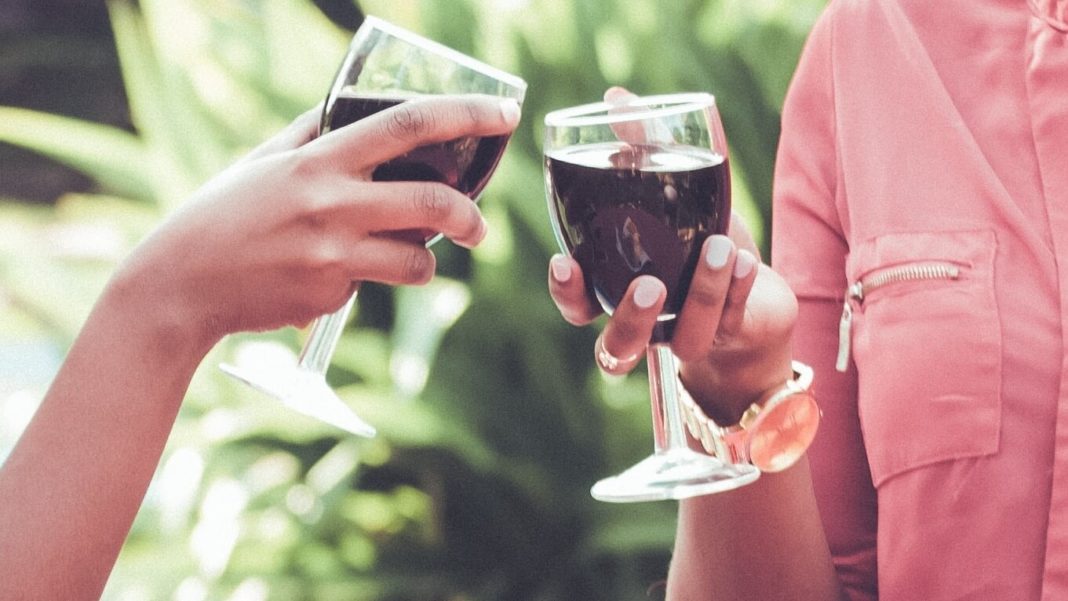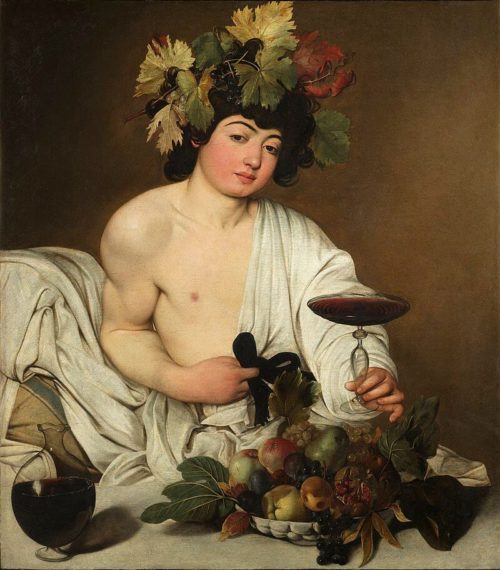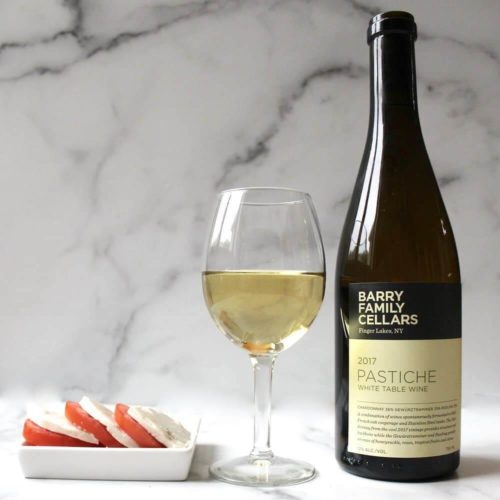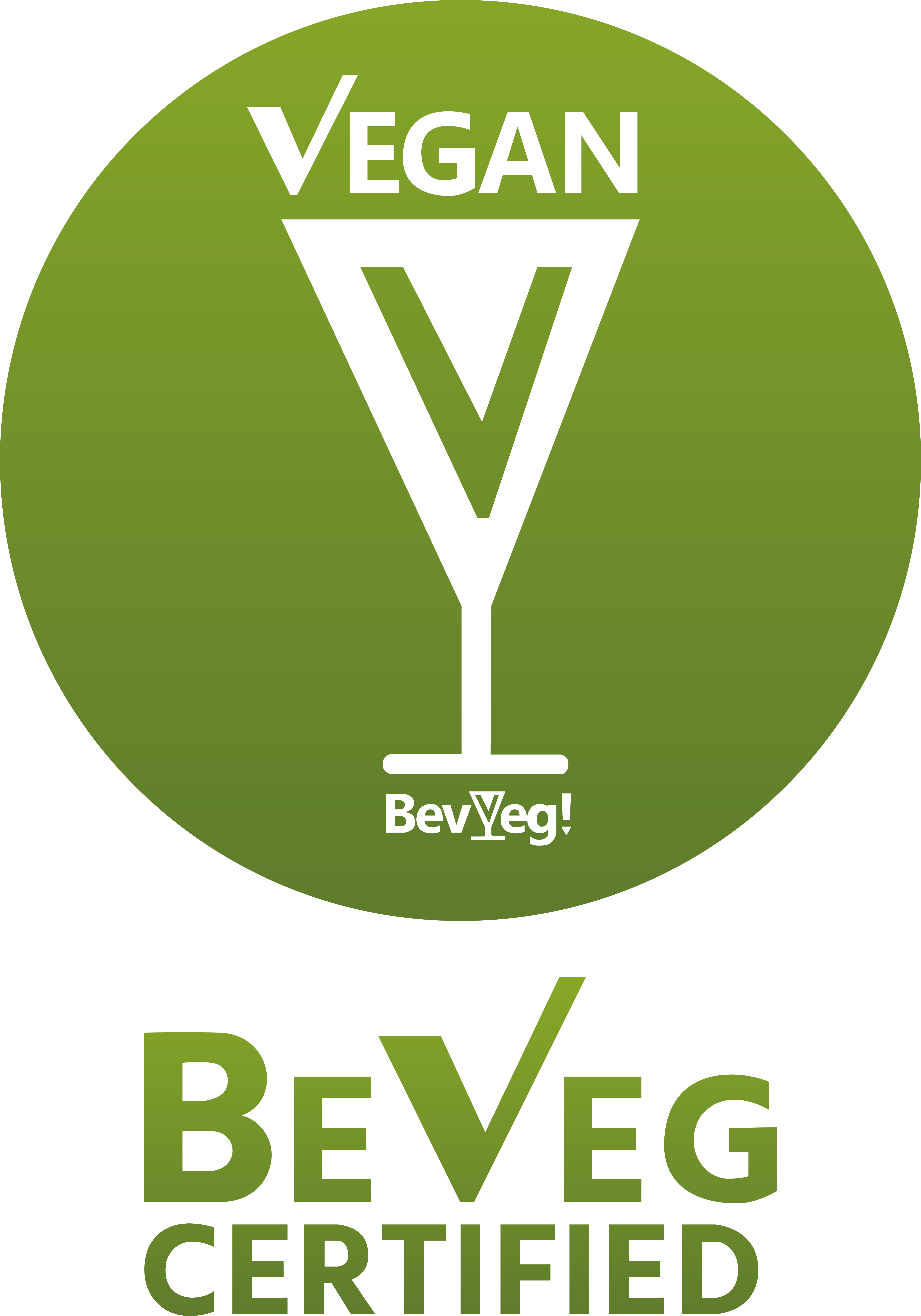HOW TO FIND OUT IF YOUR WINE IS VEGAN

Is wine vegan? The founders of Vegan Wines and BevVeg explain which animal ingredients might be in your wine and how to tell if wine is vegan.
Wine has been a cultural phenomenon for thousands of years. But it’s not always vegan.
A Brief History Of Wine
The earliest archaeological evidence of wine comes from Jiahu village in central China, circa the early seventh millennium BC. According to Scientific American, traces of a honey and rice-based wine were found on pottery shards. It’s speculated that it was likely made from a blend of the hawthorn fruit and wild grapes.
Biomolecular archaeologist Patrick McGovern of the University of Pennsylvania Museum of Anthropology and Archaeology, speculates people in Armenia and Georgia experimented with vinification — the fermentation process that turns grape juice into wine — as early as 7,400 years ago. Remnants of terebinth tree resin, which was used as an early wine preservative, were found on pottery shards in the region. McGovern believes that winemaking may date back even further than archaeological evidence reveals, perhaps even as far back as the Paleolithic era.
Several cultures throughout history, from the old Egyptian god and lord of wine Shesmu to the Greek god Dionysus (or Bacchus, if you’re Roman) have associated wine with divinity. It’s still used in Catholic transubstantiation rituals to this day.
In a 1779 letter to French economist André Morellet, founding father of the U.S. Benjamin Franklin wrote, “Behold the rain which descends from heaven upon our vineyards; there it enters the roots of the vines, to be changed into wine; a constant proof that God loves us, and loves to see us happy.”

In Vino, Veritas
The modern wine market is going strong. An overview of the industry by Dr. Liz Thach, a distinguished professor of wine at Sonoma State University in Rohnert Park, California, total U.S. sales topped $62.7 billion in 2017. At 2.94 gallons per person each year, the U.S. is the largest wine consuming nation by volume.
Like any other industry, wine is shaped by consumer trends. Chardonnay and cabernet sauvignon are the top two favorites, but rosé is fast-growing, with a 59 percent increase in value in 2017, according to Nielsen data.
According to Bloomberg, other trends to keep an eye on include alcohol-free, cannabis-infused wine and vegan wine, driven by increased interest in health and wellness. Napa Valley-based cannabis wine brand, House of Saka, embodies both trends.
What Makes Wine Not Vegan?
At its core, wine seems vegan — it’s just fermented grape juice, right? But due to a process known as “fining,” which removes particles that settle to the bottom of the bottle and make wine hazy.
Traditional fining agents include gelatin, egg whites, milk proteins (casein), and isinglass, the dried swim bladder of fish. There are vegan alternatives, such as kaolin or bentonite clay and activated charcoal, but animal-based fining agents are often more affordable due to being byproducts of animal agriculture, according to Washington State University’s manual, “A Guide to the Fining of Wine.”
Fining wine is more a matter of customer preference than necessity, according to Frances Gonzales, co-founder of vegan wine club, Vegan Wines.
“While [fining wine] has no effect on taste — and actually, to have sediments is better — many people still feel that a clear glass of wine is always best, so the winery owners want to play into that way of thinking,” Gonzalez told LIVEKINDLY in an email.

What type of sediments are in wine? In the industry, these are known as “dregs,” and despite the name, they’re not a bad thing. Dregs are essentially bursts of flavor comprised of dead yeast cells, grape solids, tartrates, tannins, and phenolics. Tartrates give wine a tart flavor and you may have even seen them in the form of red or white crystals on the side of the bottle.
There’s also “gross lees,” sediments that settle to the bottom of the wine barrel or vat, which are filtered out. Some wines are aged with gross lees; in that context, they’re known as “sur lie.” But “fine lees,” the aforementioned particles, are completely fine. According to Vine Pair, some winemakers leave these in on purpose.
There may be other reasons why a vineyard may choose to filter its wine, such as covering a bad harvest.
“Think of it like the meat industry putting dye in the supermarket meat so the customer thinks they are eating fresh meat,” Gonzalez continued. “It is the same scenario of just making that wine sell at any cost. Other wineries do it to produce mass production and fining this way gets the wine in and out ASAP.”
How To Tell If Wine Is Vegan
If you’re avoiding animal products, how can you ensure wine is vegan? It’s not as simple as reading the label.
There are old stand-bys like Barnivore, a database of nearly 45,000 alcoholic beverages, that lists vegan-friendly drinks. Or, you can buy from a source that only offers vegan wine. Gonzalez works with Vegan Wines in-house sommelier, Sunny Gandara, to curate high-quality wine from vineyards around the globe. There’s also BeVeg, a law firm that provides vegan certification for food and beverage companies in more than 70 countries.
“The issue is, alcohol is regulated by the TTB (Alcohol and Tobacco Tax and Trade Bureau), and the TTB and other government agencies regulating alcohol worldwide do not require any ingredient or process disclosures,” Carissa Kranz, founder and CEO of BeVeg, explained in an animal.
According to the TTB, there are 62 ingredients that can be added to wine without needing disclosure on the label, ranging from animal-based fining agents to color additives (such as MegaPurple, a grape concentrate added to “color correct” wine), oak chips (to replicate the flavor of aging in an oak wine barrel) and stabilizers. But, consumer shopping habits are evolving.

Lifelong vegan Kranz founded BeVeg to help bring transparency to the industry. The term “vegan” isn’t regulated by the TTB, FDA, or USDA, so BevVeg works with food and beverage brands to ensure that no animal ingredients or by-products were involved in the processing, clarification, filtration, de-acidification, or manufacturing process. If a brand meets the requirements, it is granted license to use the BevVeg logo.
Kranz says that the wine industry is changing. BevVeg receives requests daily from companies around the globe, sometimes even by ingredients suppliers. Chitosan, a sugar obtained from the outer shell of shellfish like lobsters and crabs, is another animal-derived ingredient sometimes used to fine wine. But, Kranz explained, one company in China that supplies crustacean-free chitosan recently reached out to BevVeg due to interest in capturing the vegan wine market.
“The market is demanding transparency in labeling and consumers want honest vegan claims,” said Kranz, who believes the wine industry, much like the restaurant business, is adapting to changing consumer habits.
https://youtu.be/xbOXBKZBWaE
According to a recent report from Label Insight and the Food Marketing Institute, 86 percent of customers would trust brands and retailers that provide “easy to understand” label information.
“Time and time again consumers have made themselves clear that they want to better understand what’s in the products they use and consume and they are willing to vote with their wallets,” said Patrick Moorhead, chief marketing officer at Label Insight. “The need for transparency is driving dramatic shifts in the food retail industry that impact how business as usual is done for both brands and retailers.”
BevVeg has a free mobile app for Android and iPhone that makes it easier for customers to verify a wine’s vegan status. Its database lists more than 50,000 vegan wines across the globe.
“Wines that go through the BevVeg certification process are truly vetted with the proper disclosures, cross-examined, and well-researched,” said Kranz.
‘Compassionate Consumerism’ Driving Demand
“Wineries understand there is a very real market here,” Kranz continued. “Just like consumer demand is forcing fast food chains like McDonald’s, Burger King, and Chick-fil-a to cater to a vegan crowd, in order to have staying power, wineries must do the same. The world is moving towards more conscious, compassionate consumerism whether the consumer is vegan or not.”
Vegan Wines is also currently working on a free vegan certification program for small family wineries. “In the two short years of Vegan Wines we have seen big changes in the wine industry,” Gonzalez said. “More wineries are changing their ways or thinking of it because vegan wines are in demand.”
UK-based wine brand Proudly Vegan, which launched in March 2018, claims to be the first 100 percent animal-free brand, from the beverage to the ink and glue used on the label. It launched in the U.S. earlier this year due to the rising demand for plant-based food.
Companies such as Waitrose Cellar (owned by UK supermarket chain Waitrose), Winc, The Wine Society, and Majestic all now have separate sections on their websites for vegan wine.
Major wine supplier Bibendum told wine-centric publication Decanter that more premium wine bars and restaurants are actively seeking vegan options.
Gonzalez agrees that big changes are happening. “More wineries are changing their ways or thinking about it because vegan wines are in demand,” she said. “They’re aware of the trend and are now starting to embrace it.”
This article was originally featured in LiveKindly



